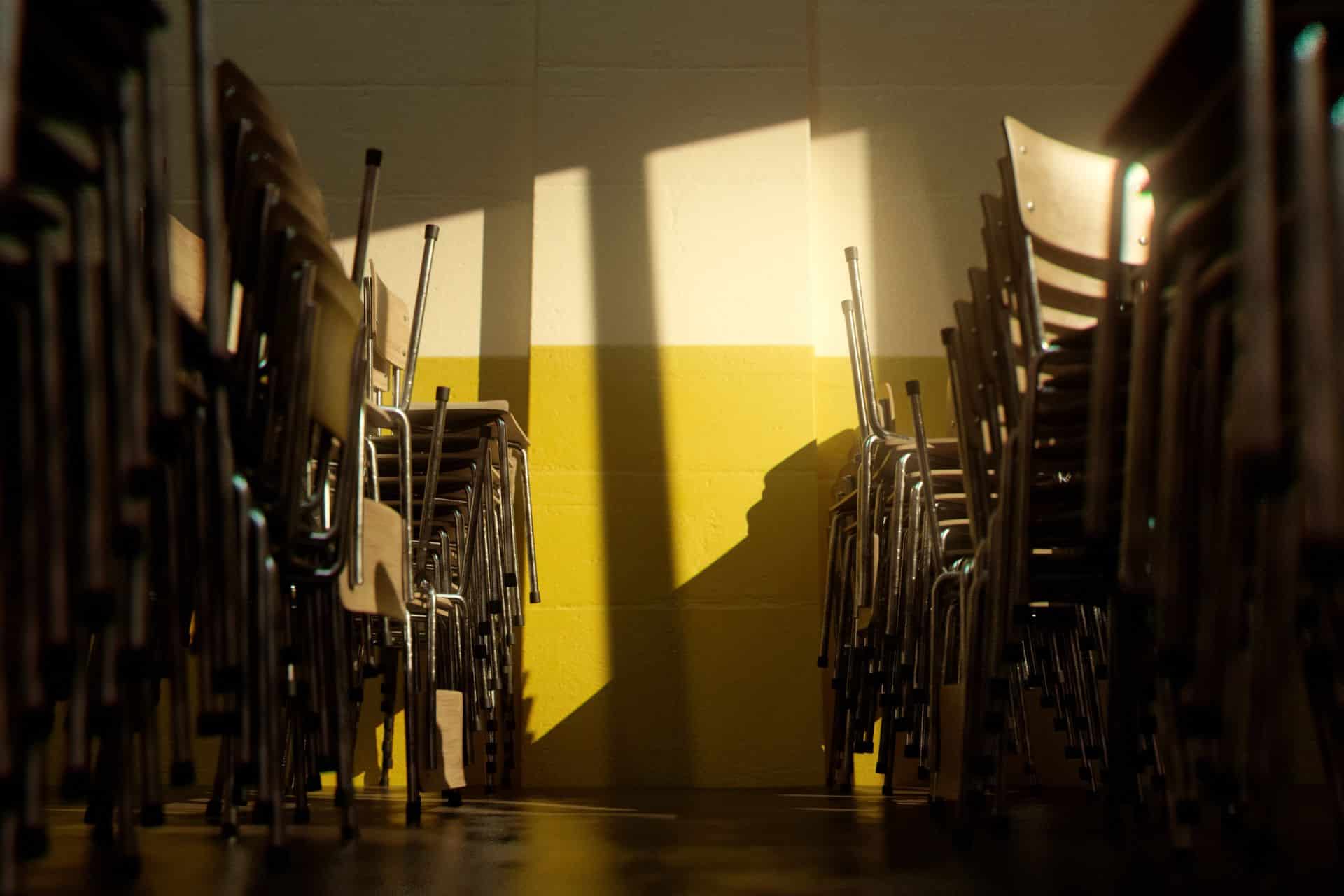In April, thousands of students nationwide took to the streets and Parliament Grounds for the School Strike 4 Climate. In response, Associate Education Minister David Seymour outlined one clear expectation: that attending students be marked as having “explained but unjustified absences.”
“I appreciate that some students have passionate views and are anxious about their futures,” the Minister said. “To that effect, I want to be clear, if you want to make real change in the world, you need to turn up to school and get a good education now.”
Seymour disagrees with the last Labour Government, which said protesting instead of attending school could be justified. “I encourage students, parents, and educators to prioritise education,” Seymour added. “That is what this Government is doing, and it is what is required for New Zealand to have a better future.”
Seymour’s comments reflect a clear priority: students should be in school if they want to make a difference in the world. And there’s truth to the idea that a solid education equips young people with the tools they need to understand and address complex issues.
Opposition Responds
“I want kids to be learning. If taking part in this action is part of the learning process, then there may be some merit in it. If they’re just taking a day off school, then actually they’re just punishing themselves,” then-Education Minister, now Labour leader Chris Hipkins told the media regarding climate strikes in 2019.
Green Party co-leader Chlöe Swarbrick said Seymour’s comments were “straight-up embarrassing” in an Instagram video filmed at the School Strike 4 Climate. “The world doesn’t stop where the classroom door stops, and as you can see here in the energy from our young people, they want a healthy planet.”
It is true not only for students that part of the point of a protest is not being somewhere you should be. For educators aware that their students were protesting, their absence could be considered explained. Justified remains the key word. Ultimately, it is up to each school to determine whether an absence is justified, based on its attendance policies and the reasons it considers acceptable.
While the government’s decision to mark protest absences as “explained but unjustified” is intended to emphasise the importance of education, it raises questions about how schools and society value different kinds of learning.
The energy and passion shown by students at the School Strike 4 Climate highlight how real-world engagement can be just as formative as formal lessons. For many young people, taking part in protests is not about skipping school—it’s about taking a stand on issues that directly affect their futures and learning what it means to be an active citizen.





